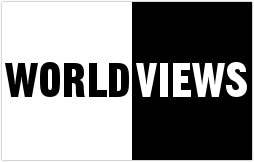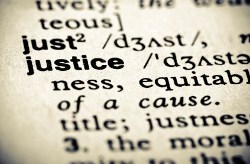Worldviews in Conflict, Part 1

Introduction
On June 16, 2012, a seemingly innocuous comment made by a Christian businessman in support of traditional marriage during an interview on a radio program sparked a national debate on homosexuality. Media outlets covered the issue at length and a fast food chicken company was thrust into the limelight as the poster-child for “intolerance.” Pundits, politicians and celebrities disapproved of the businessman, Dan Cathy’s, stance on homosexual marriage. These were Cathy’s statements:
We are very much supportive of the family—the biblical definition of the family. We are a family-owned business, a family-led business, and we are married to our first wives. We give God thanks for that. We want to do anything we possibly can to strengthen families. We are very much committed to that…. I think we are inviting God’s judgment on our nation when we shake our fist at Him and say ‘we know better than you as to what constitutes a marriage’ and I pray God’s mercy on our generation that has such a prideful, arrogant attitude to think that we have the audacity to define what marriage is about.1
This essay will examine the worldview of those who call Cathy’s statement “intolerant;” this worldview will broadly be labeled “Secular America.” There will not be sufficient space to examine Secular America’s entire worldview, so we will study only the rational basis for morality within Secular America. In a larger context we will see the intellectual bankruptcy of the secular worldview and, hopefully, demonstrate the absolute sufficiency of the Christian worldview as the only coherent way to make sense of this fallen world which we, by God’s grace alone, inhabit.


Discussion